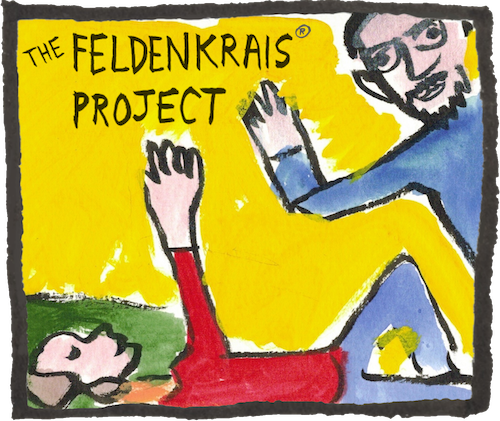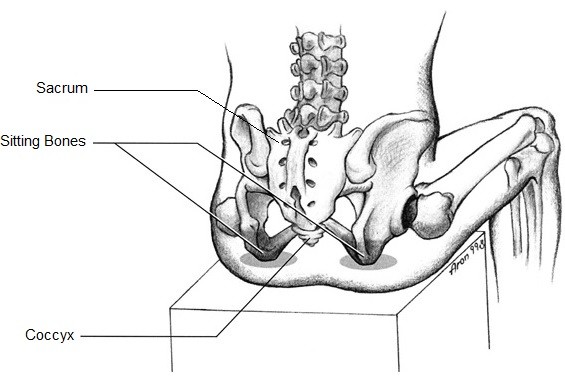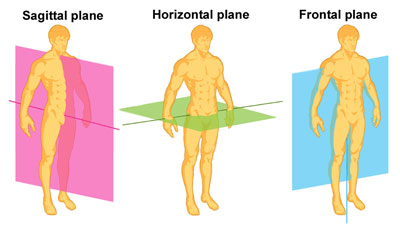Disclaimer: The Feldenkrais Method of somatic education is presented on this website for educational purposes and self-guided study only. The Method and all recordings, live online classes, pages, blog posts, and documents of any kind available from this website are not intended to be a substitute for professional help or medical treatment. Nothing on this website is intended to diagnose or treat any pathology, disease or injury of any kind. This website, all media files found on it, all live classes available through it, The Feldenkrais Project, Twin Cities Feldenkrais, LLC, and the creator of any and all of these files, and anyone featured on these files, cannot be held responsible for any injuries or discomfort that might arise while doing these lessons. If you have any doubts about whether doing Feldenkrais lessons is appropriate for you, be sure to consult your medical practitioner.
The following are service marks or certification marks of the Feldenkrais Guild of North America: Feldenkrais®, Feldenkrais Method®, Functional Integration®, Awareness Through Movement®, ATM®, FI®, Guild Certified Feldenkrais Teacher®, and Guild Certified Feldenkrais PractitionerCM.







This is great workshop. Even though I have been doing some of these lessons in an isolated form over the years, this brought it all together. I discovered some bad habits had reimerged that I thought were gone. NOT. Thank you so much. I need to do this workshop regularly.
Dear Nick, Thank you for sharing the wonders of the Feldenkrais Method on this beautiful hompage!
I’ve just been doing the whole 85-minute workshop (tracks 1 to 4) and I think it’s fantastic! Nevertheless and despite frequent rests, I managed to end with lower back pain. I did use a proper chair and follow the instructions very closely and, as I’m conscious of several issues in my lower back (severe degenerative discpopathy L4-L5-S1 and sacroiliac joint dysfunction), my movements were really tiny. This was my first seated Feldenkrais class. I usually don’t get back pain when I do your lying-down classes. So, should I not do seated classes for the time being?
Perhaps for now you might not go right back to seated lessons, and play instead with lessons that focus on the hips and spine. Or if you do try seated again so, see if you can observe any sensations that seem related to the pain you had after the last one. Often our task is to refine our noticing of all the fine pre-pain signals, listening to subtler and subtler messages until they’re clear and we can change our behavior before we hurt. Another thought: have you tried Driving and Dynamic Sitting 1? It’s mostly floor-lying, with a little floor-seated work. Perhaps it will help you find and improve what was challenging you. Let me know how it goes!
I had hip replacement surgery last week. The Easier Sitting lesson (12 minutes) was gentle and helpful. Thank you.